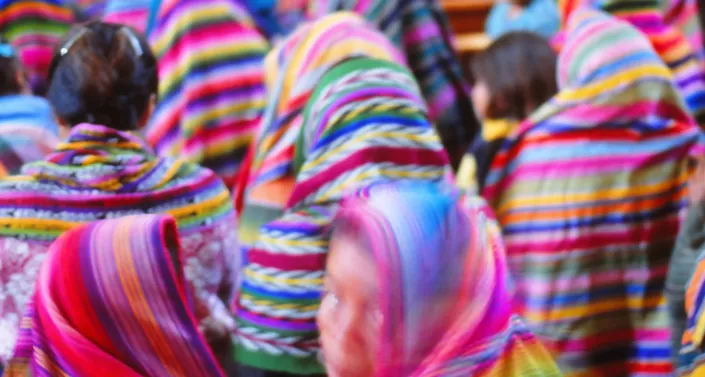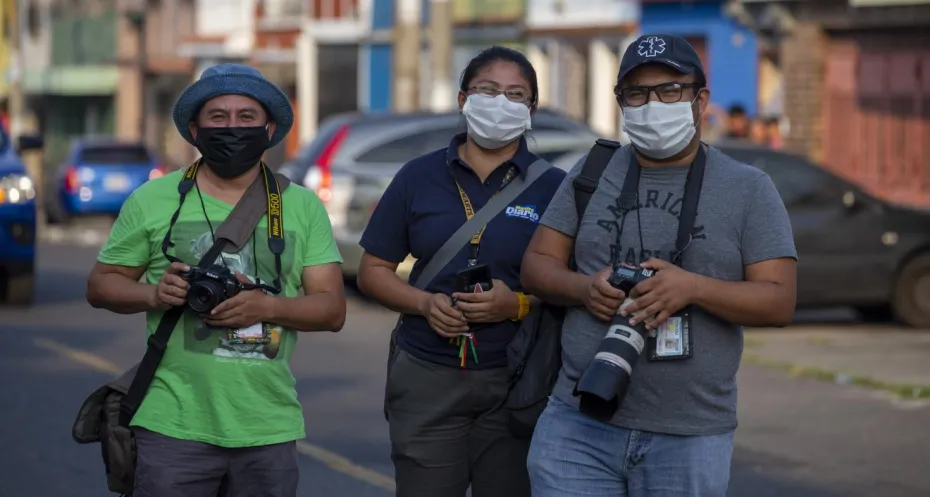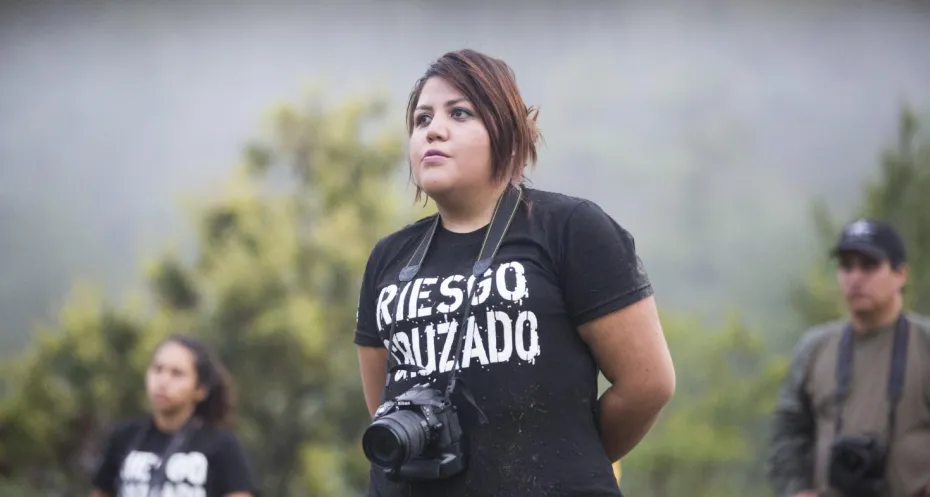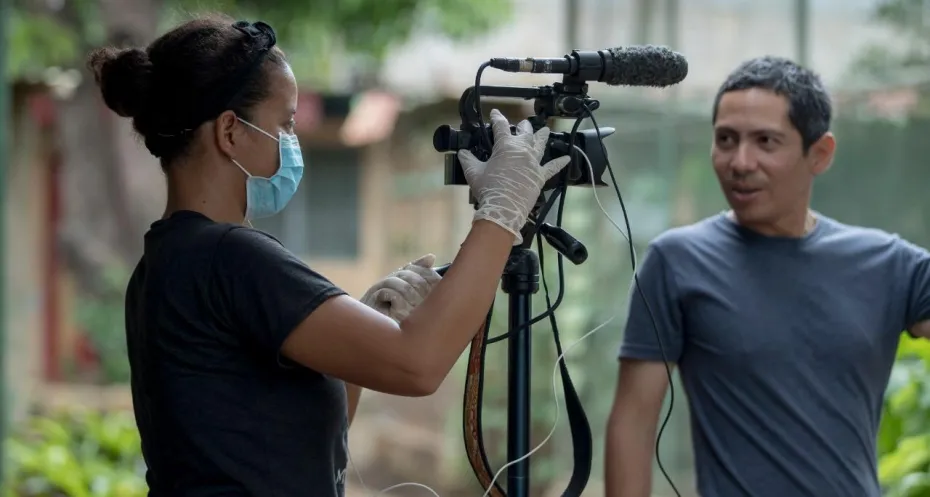
Guatemala
January 2024 was a decisive moment for Guatemalans to recover democracy, as the newly democratically elected President Bernardo Arévalo de León and Vice President Karin Herrera took office. Over the last years, corruption has played a significant role in Guatemala and continues to impact press freedom. Guatemala ranks 127 out of 180 countries in the RSF Press Freedom Index.
Under the two previous governments, those of Alejandro Giammattei (2020-2024) and Jimmy Morales (2016-2020), the appalling press freedom situation worsened. Over the last months, Guatemalan society has faced the challenge of a newly formed government cabinet working to tackle corruption, while facing an institutional and judicial crisis led by the Public Ministry and the Judiciary. The European Union and the U.S. have sanctioned public officials in the Public Ministry, Congresspeople, and judges' participation in obstructing democracy.
Many anti-corruption prosecutors, judges and activists remain in exile as the legal prosecution against them continues. Journalists and community communicators continue to face threats, physical violence and legal prosecution by authorities. A case in point is the imprisonment of Jose Rubén Zamora, founder of the elPeriodico newspaper, in 2022 on charges of money laundering. The court revoked his six-year prison sentence in late 2023 and postponed the hearing. After two years in prison, his case is an attack to punish his newspaper's exposure of corruption at the heart of the government of former President Alejandro Giammattei.
Over the last five years, the tension and self-censorship in which journalists were accused of spreading fake news and deceiving the people has increased. At the same time, organised crime and impunity were, and still are, major problems in Guatemala, making reporting extremely delicate. Exposing political or administrative corruption and embezzlement leads often to threats and physical violence.
State of press freedom
2023 was a dramatic year for press freedom, with the last year of government of the former president and ex-prison director, accused by the UN International Commission Against Impunity in Guatemala (CICIG) of extrajudicial killings in 2005. Giammattei and the Public Ministry legally prosecuted journalists and community communicators. State agents largely perpetrated these aggressions and complaints against journalists and media outlets. Among those impacted by press freedom violations are representatives of both local radios and more prominent outlets, often denouncing illegal extractivist practices and corruption. An example is the case of Carlos Choc, an Mayan Q’eqchi’ journalist from Izabal, charged on two occasions for instigation while covering social demonstrations as part of Prensa Comunitaria against the Swiss mining company Solway Investment Group. And the case of community journalist Norma Sancir, prosecuted by the Municipality of Quiché. Both the cases of Carlos Choc and Norma Sancir were closed in January of 2024, declaring these journalists innocent.
The new Government has expressed interest in coordinating efforts to resume the Mechanism to Protect Journalists put on hold in 2016. However and despite the new democratic Government, the judicial harassment against journalist continues, as many of them remain in exile.
Support for dissenting voices
Although journalists in Guatemala who report on controversial issues are often attacked and intimidated, the number of dissenting voices is rising. The local Red Rompe el Miedo Guatemala (the local Break the Fear Network Guatemala) was created in 2020 as an initiative of a group of civil society organizations to prevent and address cases of violence against journalists, social and community communicators, as well as to promote other actions in defence of freedom of expression. Free Press Unlimited has set up production funds for journalists in Central America, including Guatemala, where collaborations between different journalists and media outlets are encouraged and joint investigations into under-reported topics are supported.
Safety for journalists
With Riesgo Cruzado, a programme of partner Fundación Latitudes based in El Salvador, Free Press Unlimited supports the safety of journalists and media professionals through holistic safety courses. Journalists from Central America, including Guatemala, learn how to apply different safety measures, are assisted in personal risk assessment and receive psycho-social and legal support. The programme aspires to promote an enabling environment for journalists through advocacy and cooperation with local authorities and duty-bearers. This combination of training and collaboration creates a group of well-trained journalists more resilient to the dangers of reporting and investigating in Central America.



